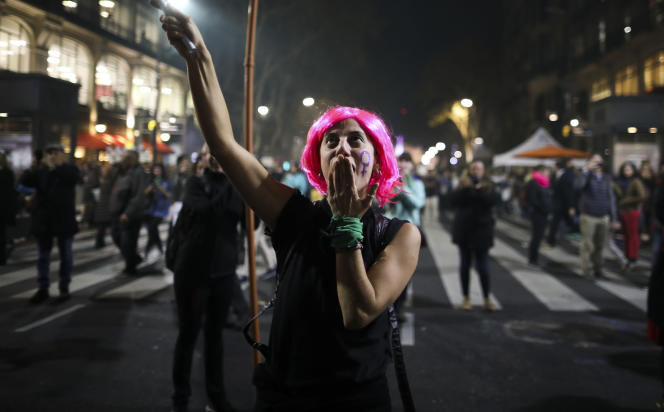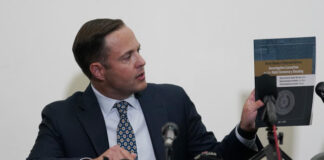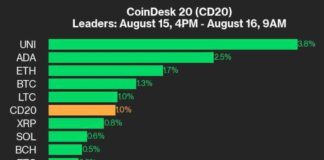“The world finally seems inclined to listen and especially to hear the demands of women. For Rebecca Amsellem, if it is true that interest in the feminist cause has rarely had such a decisive place in collective consciousness, especially since the movement
Because, and as she recalls from the outset in her documentary series, “we are still not comfortable when we go out after dark”. Because always, on the pediment of the Pantheon, is engraved “To the great men the grateful Fatherland”, and that the entry of Joséphine Baker, Simone Veil, Marie Curie, Germaine Tillion, Geneviève de Gaulle-Anthonioz and Sophie Berthelot there nothing has changed yet.
And this is only part of the iceberg since the figures are alarming: in France, 113 feminicides were recorded in 2021. In the world, we do not count the countries where abortion is illegal and/or postponed in question (currently in the United States), when women are not stoned to death for adultery (Iran) or when higher education is prohibited to them as well as the right to go out unaccompanied by a man and still fully covered , face included (Afghanistan).
But then, how do we bring about a truly egalitarian society? “Wouldn’t there be a method? asks Rebecca Amsellem when it is precisely the title – The Method – that she has chosen for her series, the aim of which is to “give the keys so that everyone can become an actress and actor in this new feminist society”.
“The joy of being an activist”
To do this, she went to interview feminists of our time, in France and – this is particularly welcome and rarer – abroad. Thus, alongside the French philosopher Geneviève Fraisse, we can hear Veronica Gago, the Argentinian leader of the Ni una menos movement; English author Reni Eddo-Lodge; Pakistani-American lawyer Rafia Zakaria; or the Canadian researcher Carla Bergman. To each of them, Rebecca Amsellem asked the magic question: “To build a feminist society, how do we do it?” »
For the writing of the six episodes, Rebecca Amsellem surrounded herself with Léna Coutrot and comedian Fanny Ruwet also because, she says, “I really wanted people to feel the joy that there is in being an activist, even if it’s hard sometimes. It’s important because we wanted this podcast to be listenable to everyone.”
An intention that she shares with Charlotte Pudlowski: “The podcast makes it possible to make questions that may seem dry and serious public to the general public”, underlines the co-founder, with Mélissa Bounoua, of Louie Media, which co-produces and distributes The Method. Alongside Quoi de meuf?, by Clémentine Gallot; Balls on the Table, by Victoire Tuaillon; of the work of Charlotte Bienaimé (Un podcast à soi) and Lauren Bastide (La Poudre), one more sound in the building of the feminist podcast. It’s happy. If only, and as Rebecca Amsellem confided, because “you have to do everything, try everything. Until something takes.”


















